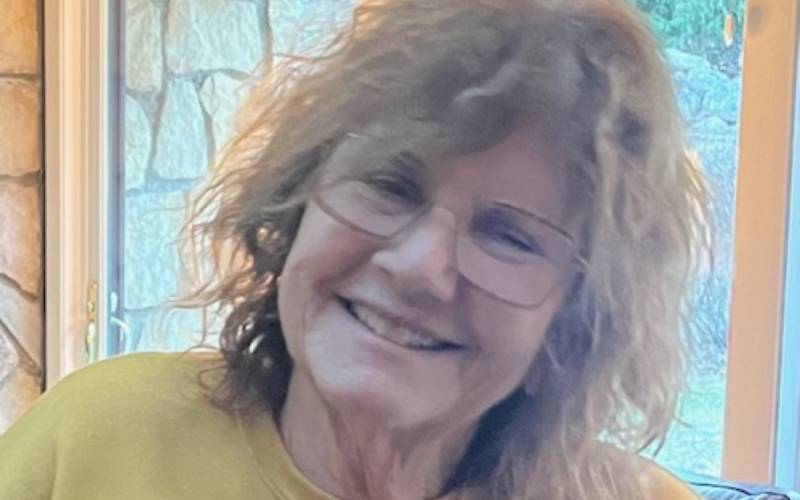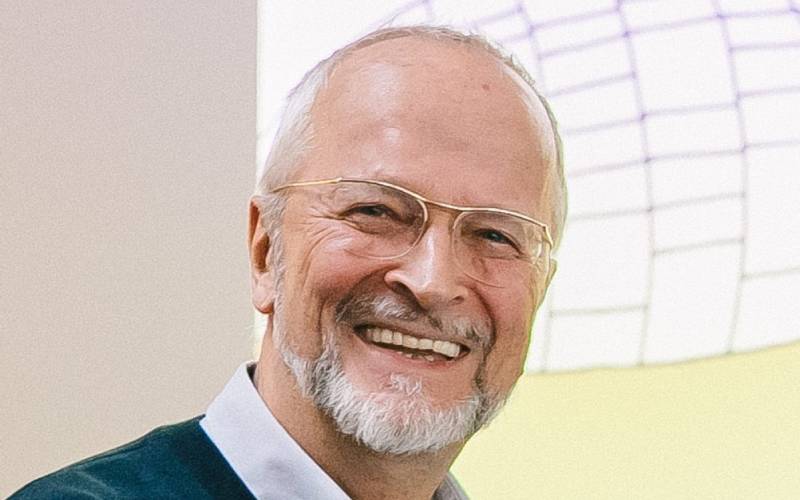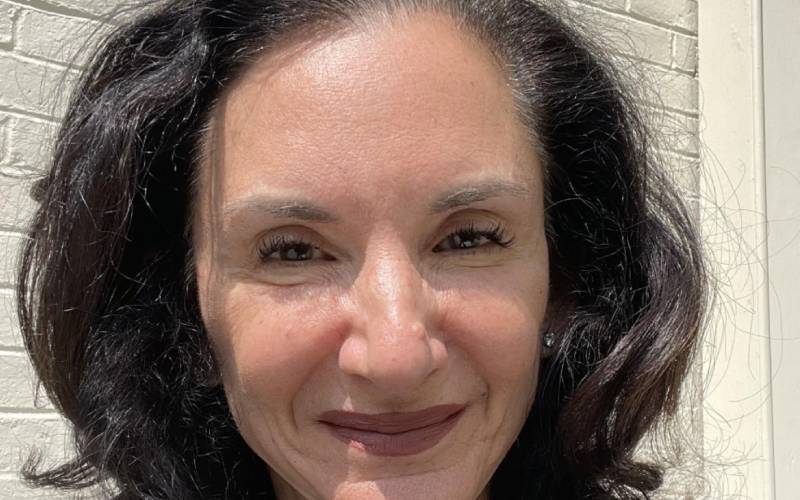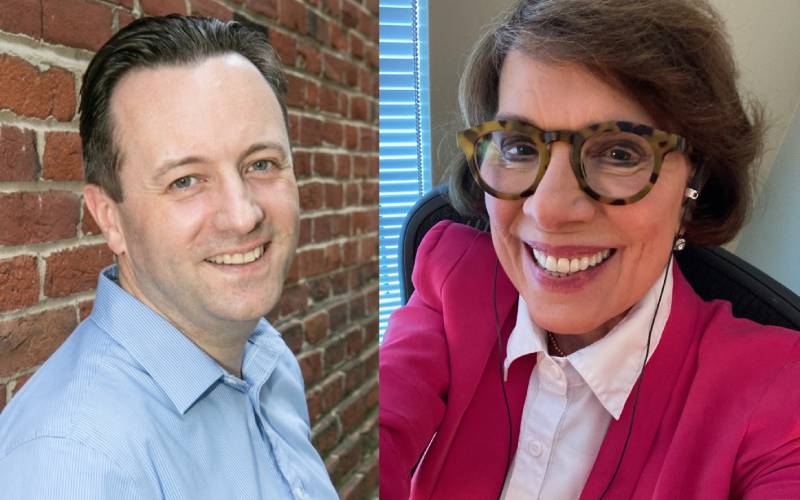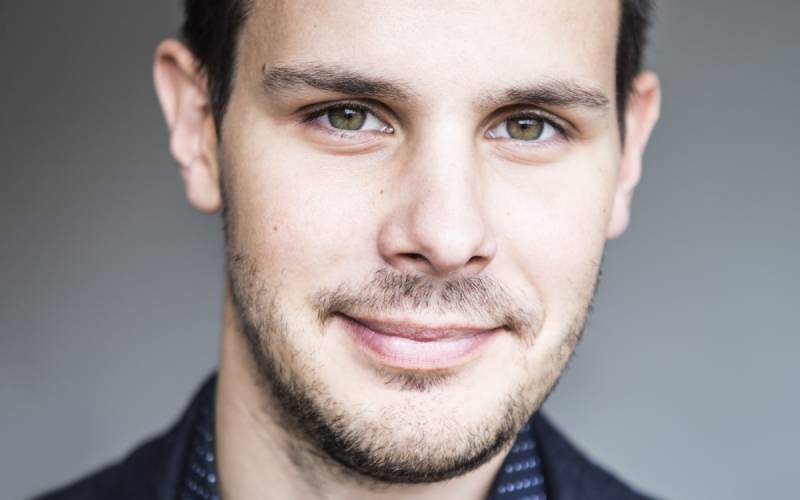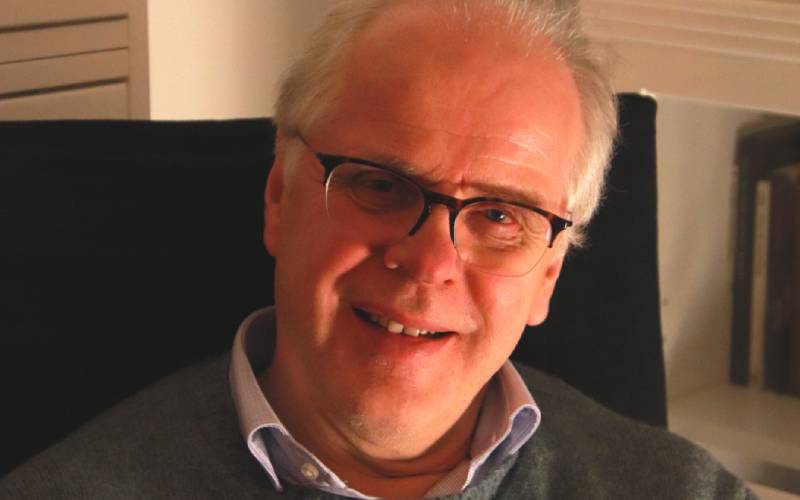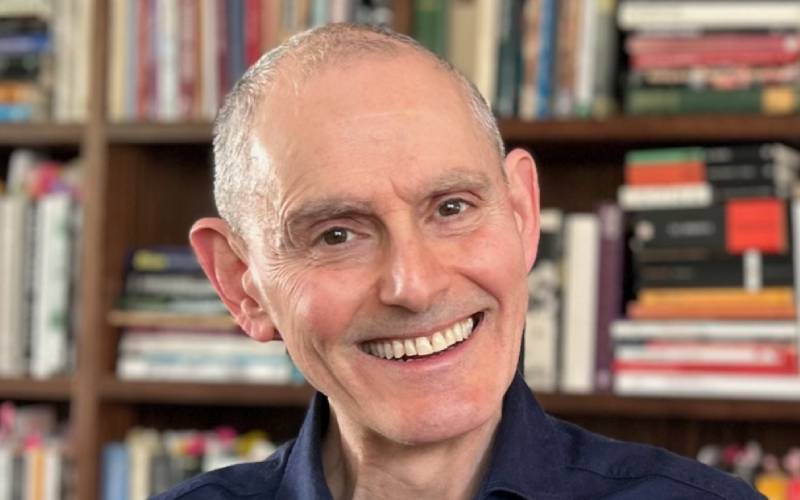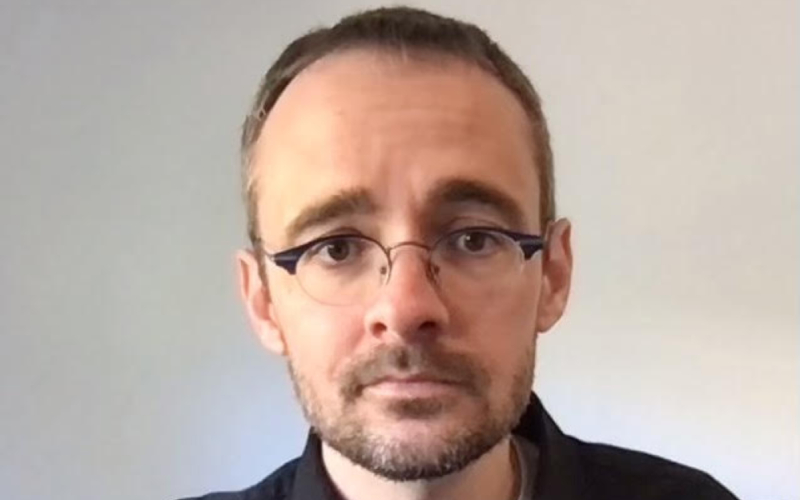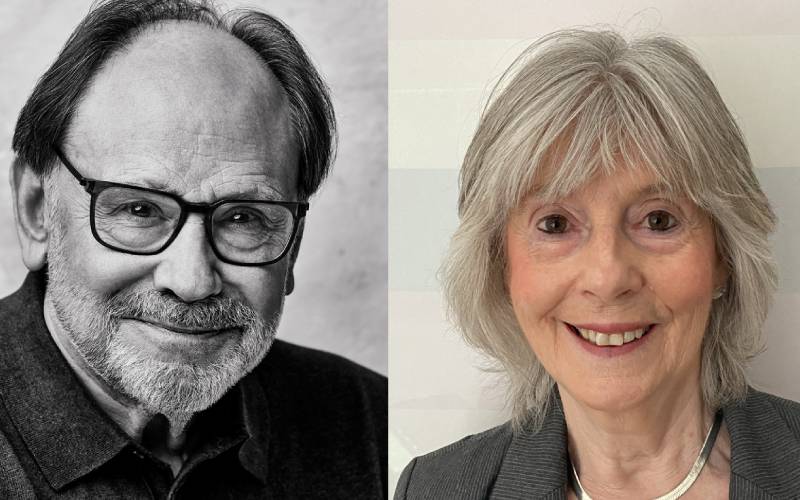Episode 163: Secrets Kept and Secrets Told: the Analyst’s Responsibility with Barbara Stimmel, PhD (New York)
“I don’t know what to do about this because we do have to use clinical material. It’s the best tried and true method in which to inculcate analytic thinking in our students and supervises. On the other hand, we are so indebted to our patients and their trust in us and our responsibilities as ethical…
Read MorePodcast: Play in new window | Download

